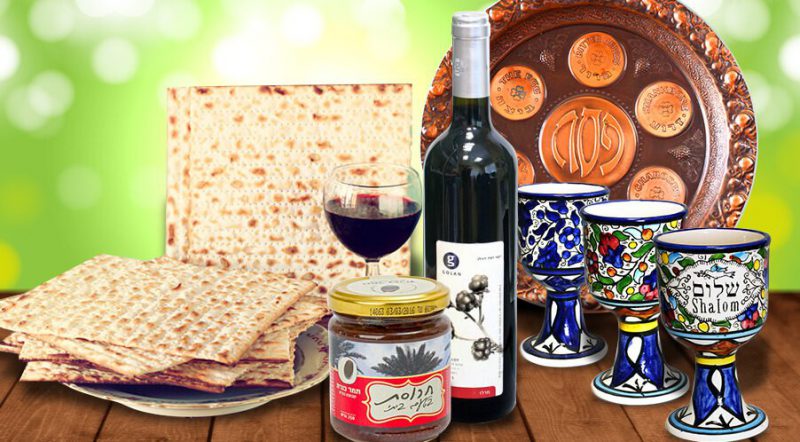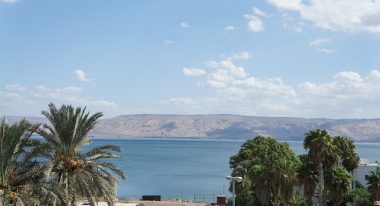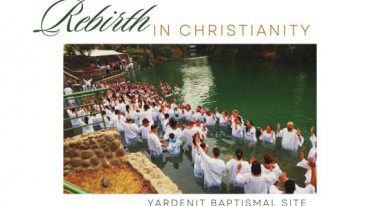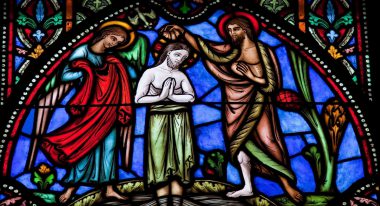
Pesach Sheni
The fourteenth day of the month of Iyar is a special day. It is called the Pesach Sheni (The Second Passover). It is celebrated one month later after the Erev Pesach (The Passover Eve).
Erev Pesach, the Nisan 14th was the day when the Jews brought to the Temple the Passover offering — Kurban Pesach. Only the ritually pure could bring the Passover lamb. Anyone who was unclean (for example someone who touched the dead man) could not offer the sacrifice. In order not to deprive people of the opportunity to perform a great mitzvah and enjoy the holiday of Passover, God decreed that those who could not bring the Passover sacrifice on time because impurity or because they were too far away from the Temple, should make their sacrifice one month later, on the 14th of Iyar.
For the first time the Pesach Sheni was observed on the second year after the people of Israel came out of Egypt. When the time of the Passover approached, the men who carried the remains of Joseph from Egypt to the Promised Land proved impure and had no right to bring the Passover sacrifice to the Temple at the right time.
They came to Moses and asked him what to do, as they also wanted to enjoy the holiday of Passover. And God gave us the law of the Pesach Sheni.
There is a knowing saying of the Lubavitcher Rebbe, Rabbi Yosef Yitzhak Schneerson – that Pesach Sheni teaches us never to despair, because nothing is irreparable. It is never too late to get back on the right path.
Although today we cannot bring the Passover sacrifice because the Temple was destroyed and the purity laws do not apply, many Jewish people celebrate Pesach Sheni. This celebration has the same rituals and conditions as the original Passover holiday. Traditionally, on this day Jewish people eat Matzah bread; however the usual bread is not prohibited.






